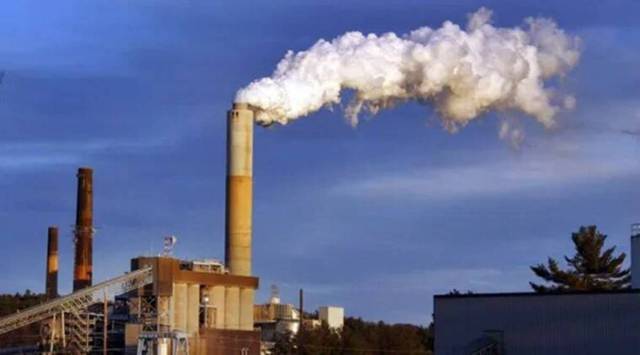Industry stresses on need for policy roadmap for clean energy transitioning
While the chemical industry may be a “dirty industry” to an extent, “the focus should be on what can be done to make it clean” by focusing on small fundamentals, said Anand Desai, MD of Gujarat-based Anupam Rasayan.
 He noted that in case of mobility, the solution for passenger vehicles will not be the same as commercial vehicles. (Representational/File)
He noted that in case of mobility, the solution for passenger vehicles will not be the same as commercial vehicles. (Representational/File) A policy roadmap—both short-term and long-term—is necessary to facilitate the global transition to cleaner energy, said TV Narendran, CEO and MD of Tata Steel, in Gandhinagar, Monday.
“Unless there’s a clear policy roadmap, investments will not be made. In Europe, there’s a policy roadmap but investments are still waiting to see if there’s a business case for that investment, supported enough by that policy roadmap…So, governments really need to think about the policy roadmaps that will incentivise investments to come into these areas of transition,” said Narendran during a plenary session on ‘Climate Action: Accelerating towards Net Zero Energy for Greener and Sustainable Future’ at the B20 Inception Meeting at Gandhinagar.
The second roadmap is the financial roadmap, he added. “How does the money flow across countries—from government to private sector, from one part of the private sector to another part? Other areas to work on include sectoral roadmaps. There are hard-to-emit sectors like steel, cement.”
He noted that in case of mobility, the solution for passenger vehicles will not be the same as commercial vehicles.
While the chemical industry may be a “dirty industry” to an extent, “the focus should be on what can be done to make it clean” by focusing on small fundamentals, said Anand Desai, MD of Gujarat-based Anupam Rasayan.
Notably, the Gujarat Pollution Control Board (GPCB) last year issued a closure notice to Anupam Rasayan, collecting Rs 1 crore as interim environmental damage compensation after the National Green Tribunal (NGT) took suo motu proceedings based on news reports on the death of five labourers in a fire following a blast at the company’s unit in Sachin GIDC, Surat.
Ministry of External Affairs joint secretary (G20) Ashish Kumar Sinha, another panellist, listed down the merits of the Mission LiFE initiative. “Mission LiFE provides an opportunity to reflect, rethink, redesign and remodel businesses to incorporate responsible practices and actions that take into account both supply and demand side factors. A transformational change will require a demand side shift for goods and services with low ecological material and pollution footprint and a supply-side shift to a reduced emission of greenhouse gases for business supported by circular economy principles,” said Sinha.







